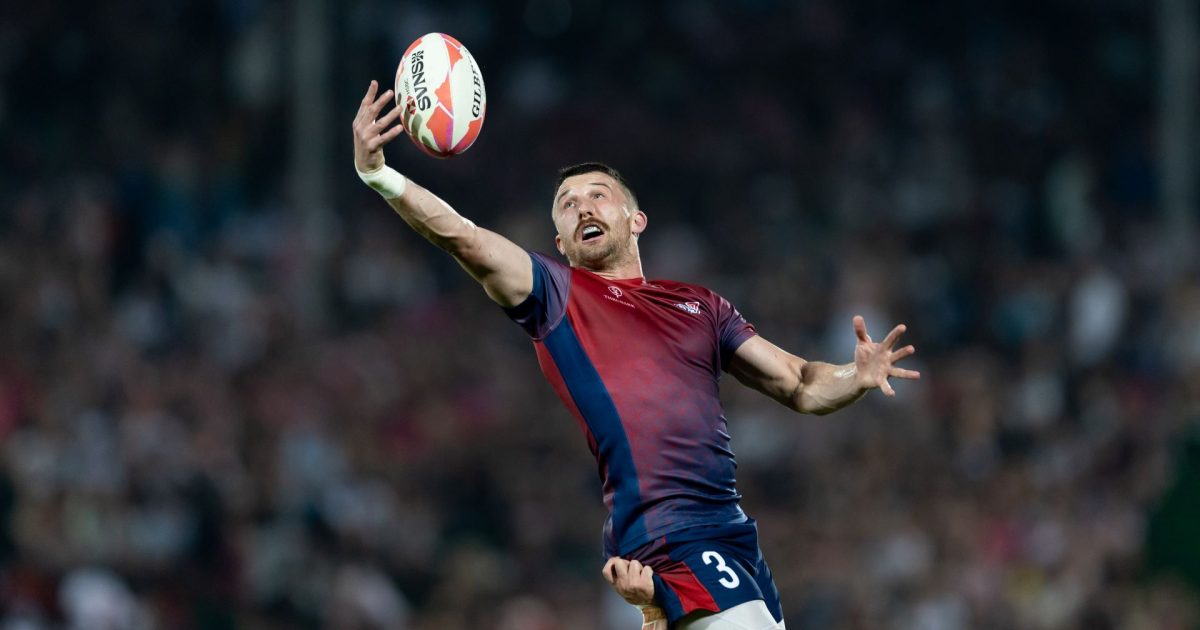GB make four changes to their squad for Vancouver SVNS

GB Sevens men’s team have made four changes to their squad for the Vancouver SVNS this weekend from the one that finished eleventh in Perth last month.
Experienced campaigner Alex Davis returns to the team following an injury, as does Will Homer. Ross McCann is also back in the squad after missing the third leg of the HSBC SVNS Series due to a call-up into the Scotland 15s squad in the build-up to the Guinness Six Nations. Charlton Kerr is the final new addition to the squad, who is returning to the World Series set-up for the first time since 2022.
The four players making way for the returning quartet are Jordan Edmunds, Jamie Farndale, Jamie Barden and Jamie Adamson.
GB Sevens women’s have also made four changes to the squad that finished third in Perth, where they lost to eventual champions Ireland in the semi-final.
Grace Crompton and Lisa Thomson have returned to the squad, with Celia Quansah and Kayleigh Powell set to feature for the first time this season, taking the place of Abbie Brown, Shona Campbell, Rhona Lloyd and Heather Cowell.
GB Women’s Squad
1. Lisa Thomson
3. Abi Burton
4. Grace Crompton
6. Lauren Torley
7. Emma Uren (captain)
8. Celia Quansah
9. Isla Norman-Bell
11. Jasmine Joyce
12. Amy Wilson-Hardy
13. Ellie Boatman
18. Kayleigh Powell
22. Jade Shekells
95. Alicia Maude
GB Men’s Squad
2. Tom Williams
3. Alex Davis
4. Kaleem Barreto
5. Ross McCann
6. Harry Glover
9. Morgan Williams
10. Robbie Fergusson (captain)
11. Ethan Waddleton
12. Will Homer
15. Tom Emery
23. Api Bavadra
24. Charlton Kerr
64. Austin Emens
After three legs of the HSBC SVNS Series, the men’s team currently sit at the bottom of the standings on nine points, one point behind Canada, while the women’s team sit in eighth place.











































































